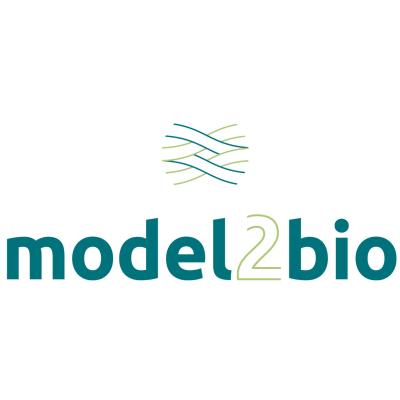
MODEL2BIO
MODELLING TOOL FOR GIVING VALUE TO AGRI-FOOD RESIDUAL STREAMS IN BIO-BASED INDUSTRIES

MODELLING TOOL FOR GIVING VALUE TO AGRI-FOOD RESIDUAL STREAMS IN BIO-BASED INDUSTRIES
The EU’s largest business sector is its food and drink industry. It is also its biggest producer of waste, of which 50 % is organic waste. Currently, this finds its way to animal feed, composting, incineration - with or without energy recuperation - and landfill. Clearly, the latter is the least desirable form of disposal; indeed, it has been specifically targeted for action by the EU Waste Policy legislation via the Landfill Directive. This sets targets for reducing landfill, recommending valorisation, trough composting, anaerobic digestion and/or new biorefinery approaches.
Given the interest in creating a bio-based economy, these residues offer a potential source of non-fossil-based feedstock and an opportunity to reduce waste. However, this waste stream is not homogenous; it contains a complex mix of molecules, making specific compound production and separation difficult. It can also vary according to geographic location and season. Maximising the value of this feedstock therefore requires a more in-depth understanding of its composition in order to decide the best way to valorise it.
The MODEL2BIO project will develop and validate an innovative model-based decision support tool that predicts the physicochemical characteristics of the bio-based residual streams generated in the agri-food sector. It will explore the available alternative options for their valorisation as feedstock and propose the appropriate steps. The proposed approaches will take into account social, economic, environmental and regulatory criteria, including logistics.
The main MODEL2BIO project objective is to develop and validate its Decision-Support System (MODEL2BIO-DSS) tool. This is designed to link the food and drink primary sector with the bioindustry and help improve agri-food industry waste management. Within this, it has a number of specific objectives. It will:
In achieving its overall objectives, the MODEL2BIO project will help provide solutions to two pressing problems; the availability of locally-sourced feedstocks and the treatment of mixed biowaste. It will also make contributions to specific BBI JU KPIs through: